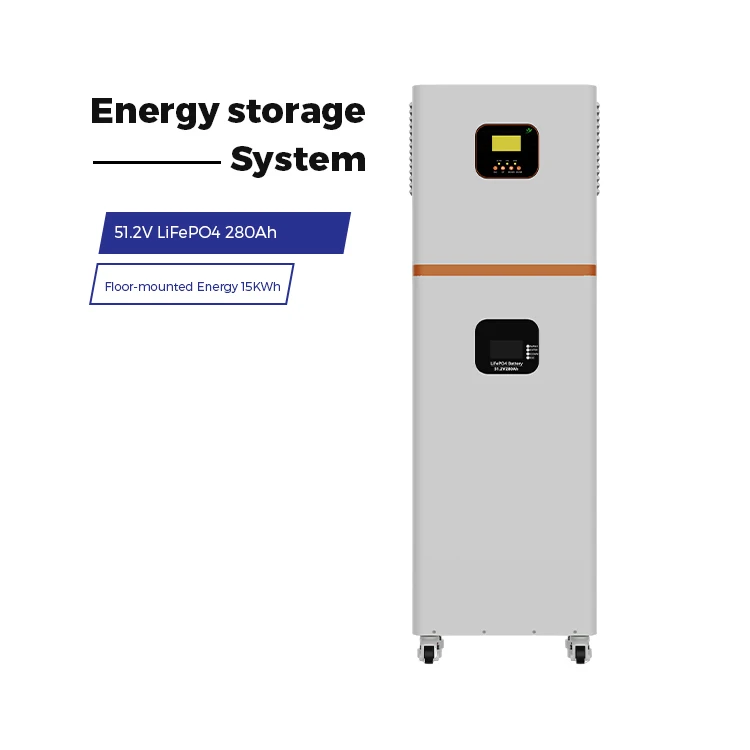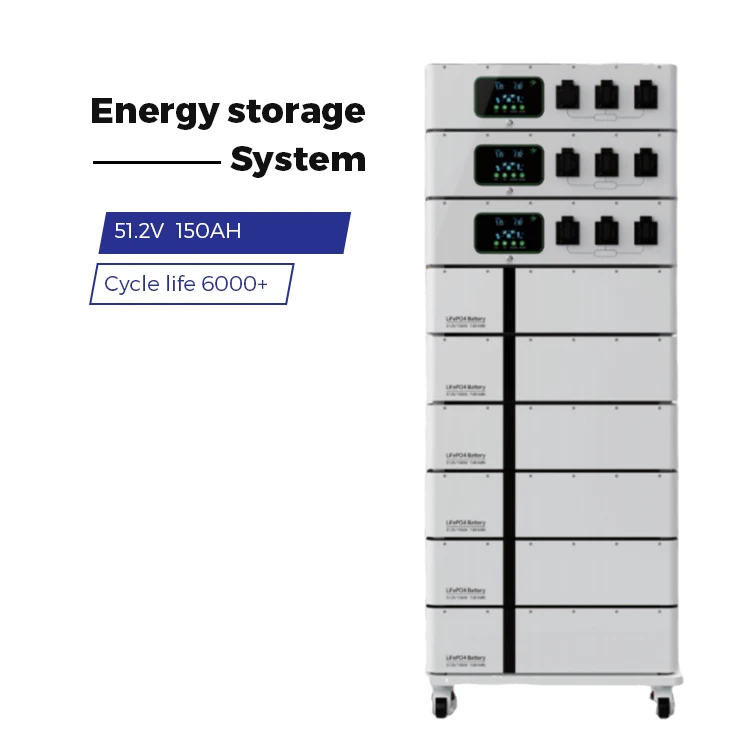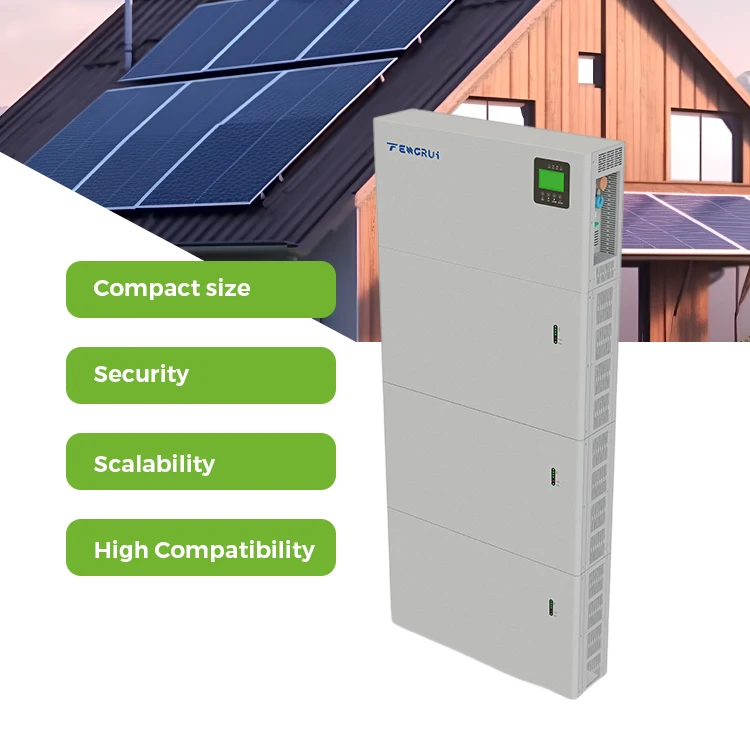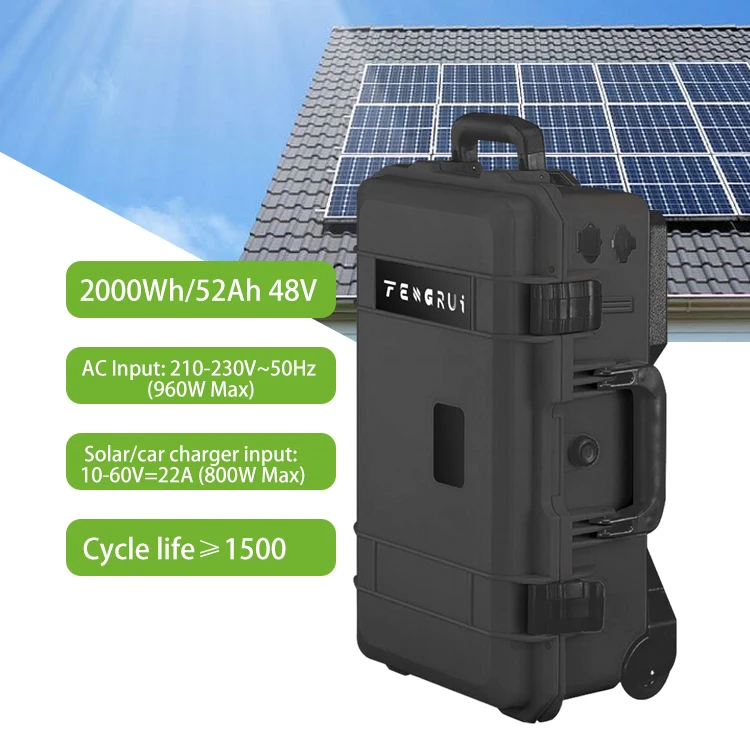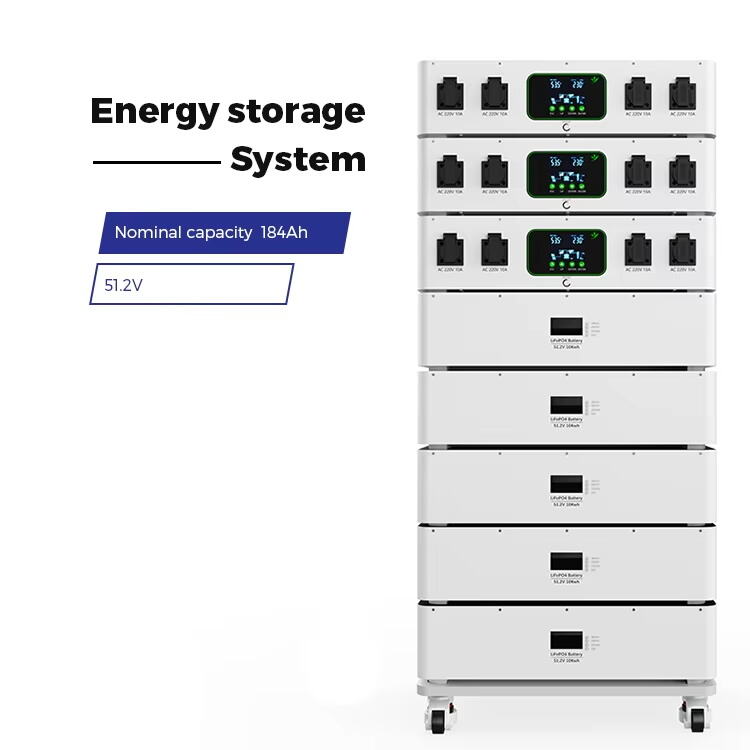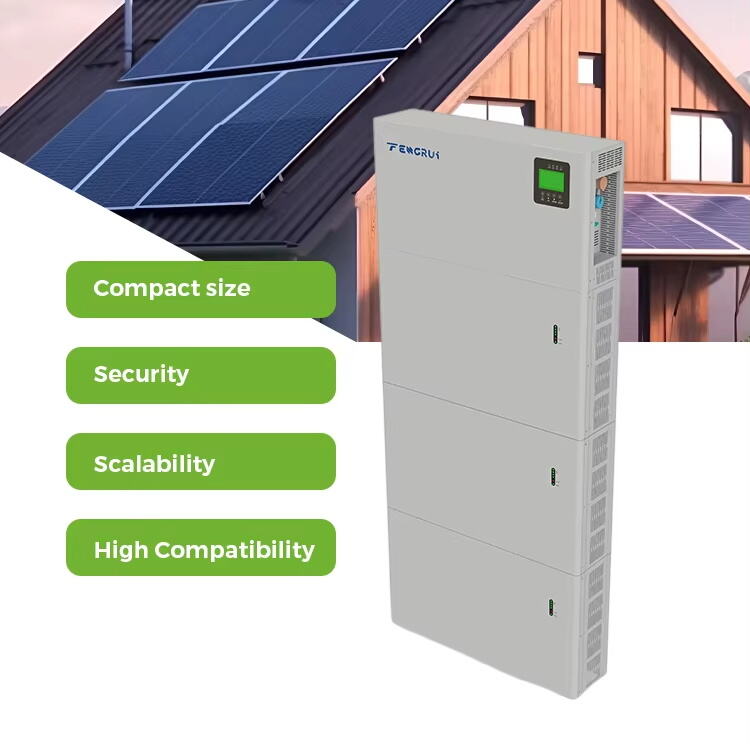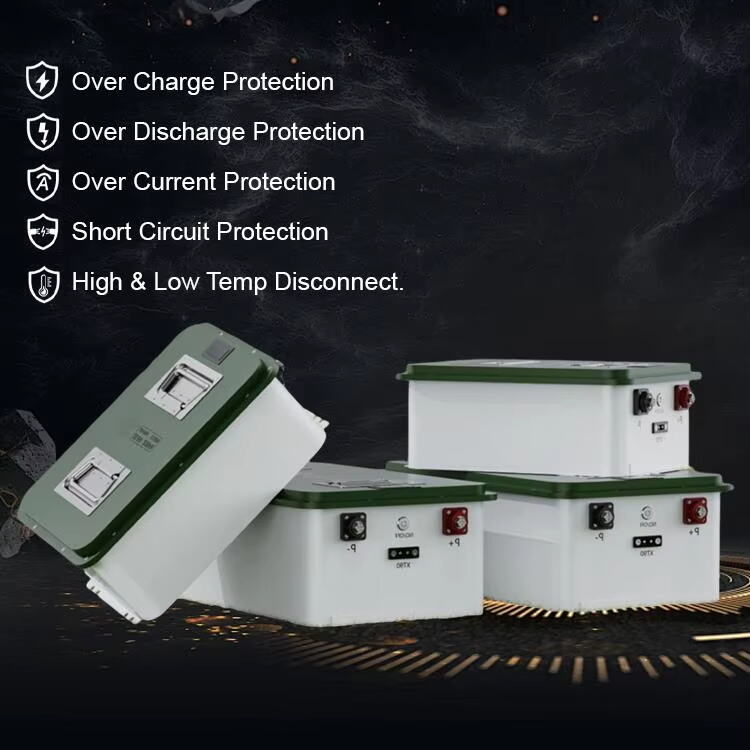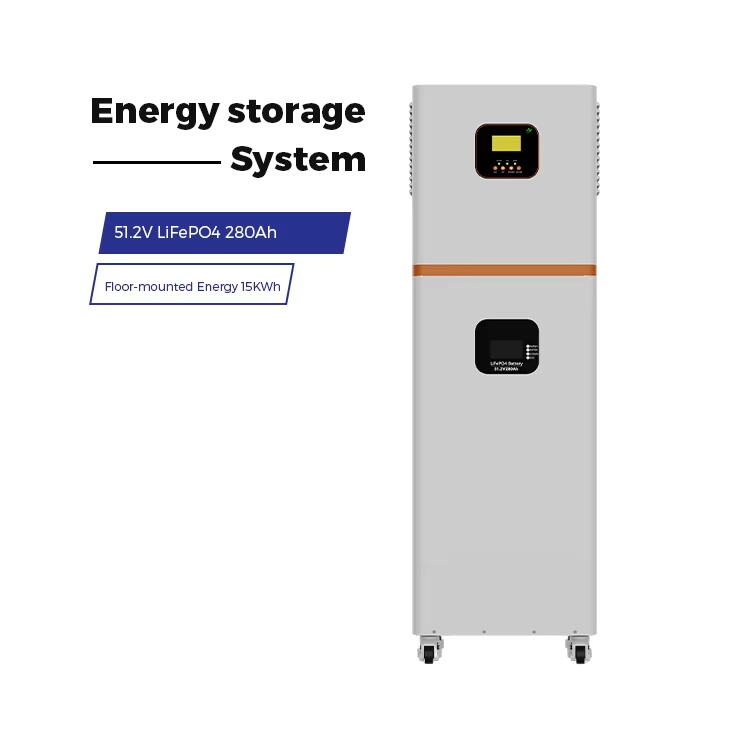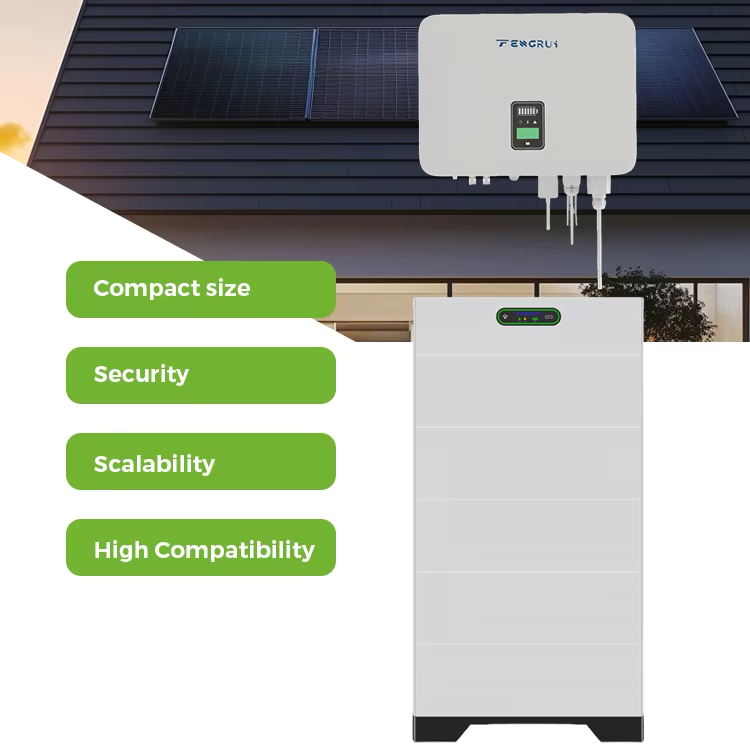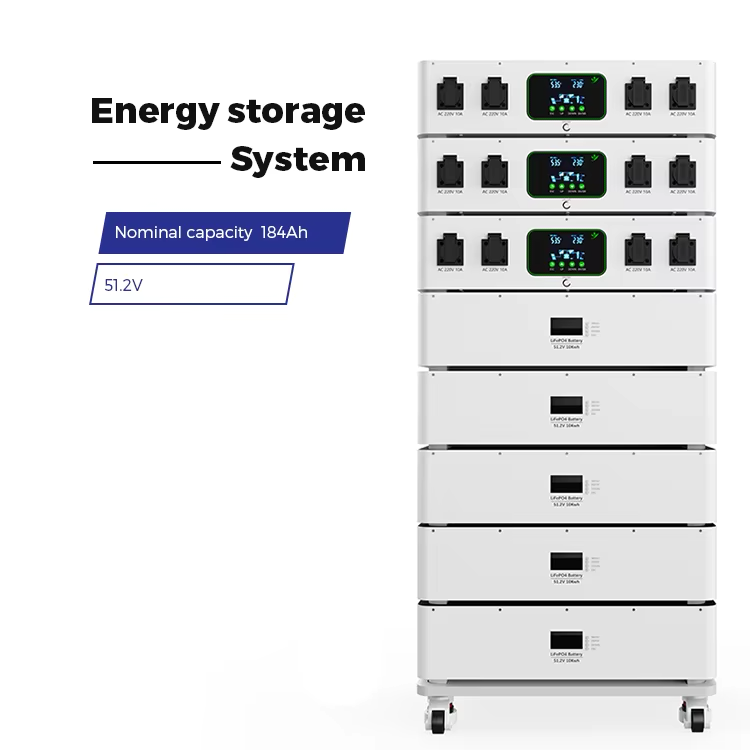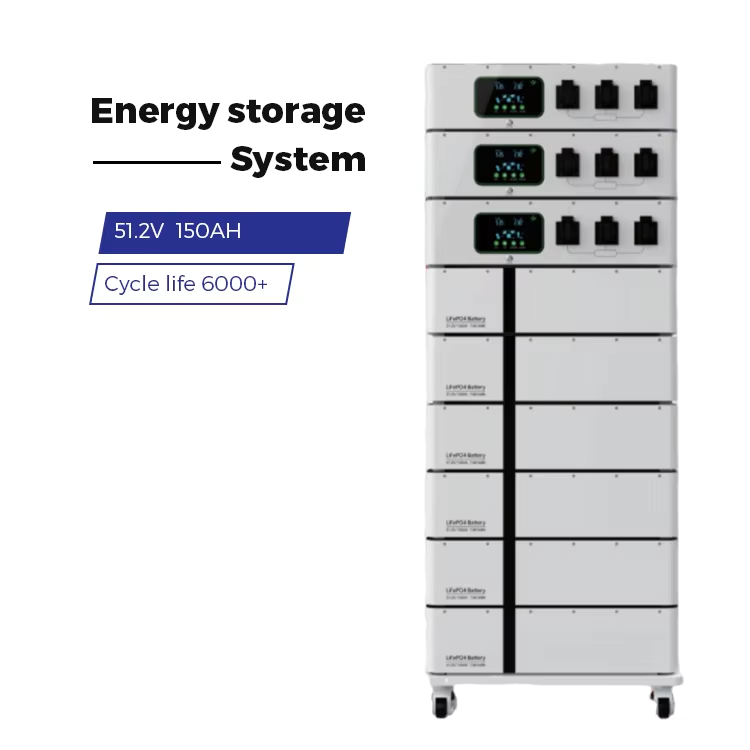σύστημα αποθήκευσης μπαταριών για ηλιακή ενέργεια
Ένα σύστημα αποθήκευσης μπαταρίας για ηλιακή ενέργεια αντιπροσωπεύει μια κρίσιμη πρόοδο στην τεχνολογία ανανεώσιμης ενέργειας, λειτουργώντας ως ο κρίσιμος δεσμός μεταξύ της παραγωγής και κατανάλωσης ενέργειας. Αυτό το πολύπλοκο σύστημα καταφέρνει να αποθηκεύσει την υπερβολική ηλιακή ενέργεια που παράγεται κατά τις ώρες κορυφαίας ηλιακής ακτινοβολίας και να την αποθηκεύσει για χρήση όταν τα ηλιακά πάνελ δεν παράγουν ενέργεια. Το σύστημα αποτελείται από μπαταρίες υψηλής ικανότητας, τυπικά λιθιού-ιόνιο, που ενσωματώνονται με έξυπνα συστήματα διαχείρισης ενέργειας που βελτιώνουν τη ροή και τις μορφές χρήσης της ενέργειας. Αυτά τα συστήματα διαθέτουν προηγμένες δυνατότητες παρακολούθησης που ακολουθούν την παραγωγή ενέργειας, τα επίπεδα αποθήκευσης και την κατανάλωση σε πραγματικό χρόνο. Οι σύγχρονες λύσεις αποθήκευσης μπαταρίας περιλαμβάνουν έξυπνους ελεγκτές φόρτισης που προστατεύουν τις μπαταρίες από υπερφόρτιση και βαθιά απόφορτιση, με αποτέλεσμα να επεκτείνεται η λειτουργική τους διάρκεια. Η τεχνολογία επιτρέπει μια απρόβλεπτη μεταβολή μεταξύ ηλιακής ενέργειας, αποθηκευμένης ενέργειας και δικτυακής ηλεκτρικής ενέργειας, εξασφαλίζοντας συνεχή παροχή ηλεκτρικής ενέργειας. Οι εφαρμογές εκτείνονται από κατοικιακές εγκαταστάσεις, όπου προσφέρουν ανεξαρτησία ενέργειας και υποστηρικτική ενέργεια, μέχρι και εμπορικές και βιομηχανικές ρύθμισεις, όπου βοηθούν να διαχειριστούν τις απαιτήσεις κορυφαίας φόρτωσης και να μειώσουν τις δαπάνες ηλεκτρικής ενέργειας. Τα συστήματα είναι μετριασμένα, επιτρέποντας επέκταση όχι μόνο όταν αυξάνονται οι ανάγκες ενέργειας, αλλά και είναι συμβατά με διάφορες διατάξεις ηλιακών πάνελ και απαιτήσεις ενέργειας.

